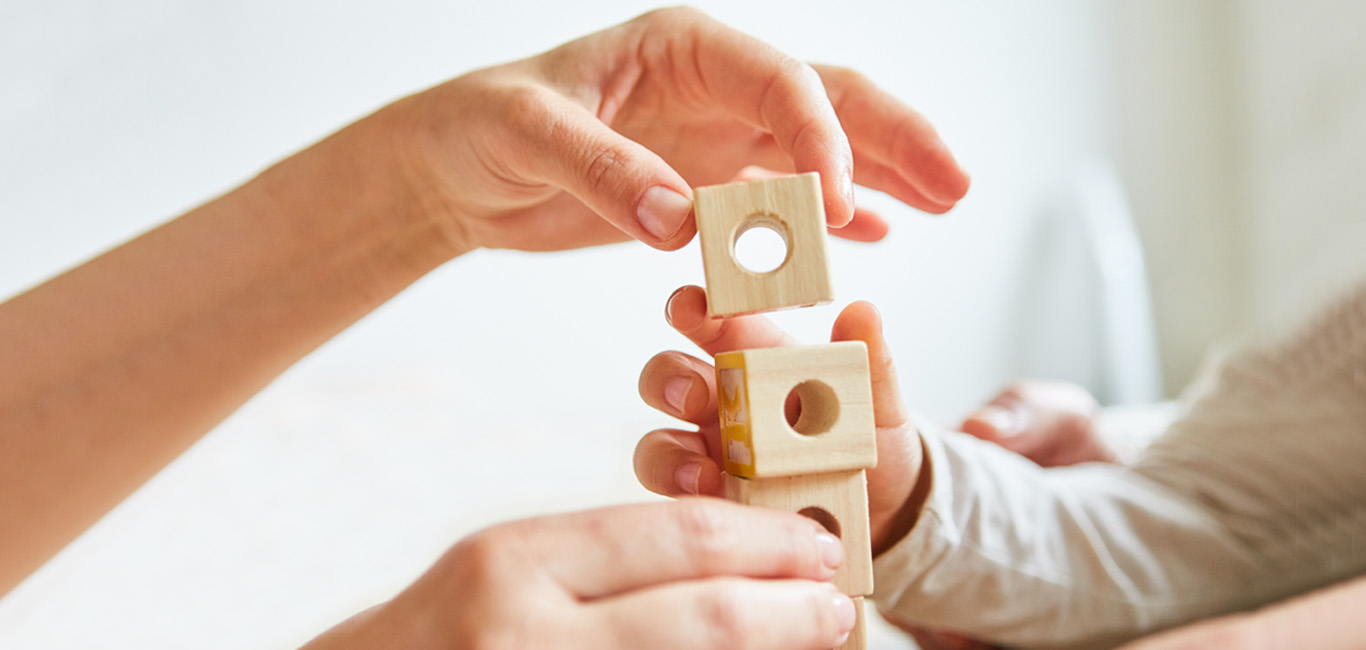
“My son was extremely clumsy and was always walking or running into doors. If a chair was moved in his class, he would walk right into it as his mind could not process the change. He would sit facing the other way during circle time and would hug ‘backwards’ – not chest to chest, but back to chest,” says Payal Kumar Avellan from California.
When to be concerned?
Occasional clumsiness is common in childhood development. “However, a series of extreme clumsiness, especially while carrying out day-to-day activities, can be of concern,” Dr Shilpa Hegde, neurodevelopmental and behavioural paediatrician, and founder of Kalarava Centre for Child Development, Mangaluru, tells Happiest Health. This could be caused by a condition called developmental coordination disorder (DCD). “The signs are usually picked up around five years of age when the child faces multiple challenges with everyday tasks or when he or she starts going to school,” says Dr Hegde.
Avellan recalls her son starting on the late side of the normal milestone for crawling, sitting, and walking. When he was three, she noticed that he was not changing his legs while climbing the stairs.
Dr Kaushika Venkataraman, a Bengaluru-based occupational therapist, says a small test can help assess developmental delay. For example, moving a chair to reach up and pick something from the top of a cupboard is a simple task for a five or six-year-old. On the contrary, children with DCD may find it challenging to plan such actions and execute them. They might start looking at their parents for help. “The difficulty arises for them mainly because most of the everyday activities need brain and body coordination called bilateral integration,” says Dr Venkataraman.
Fine motor skills could be another indicator of hidden DCD. The way the child holds a pen or ties shoelaces; illegible handwriting or being clueless about using simple tools like scissors are other indicators.
The underlying brain factors
While the exact cause of DCD is unknown, underlying neurological conditions could play a role, say experts. The cerebellum region of the brain governs motor control, movement, cognition, and balance. A recent study on the structure of the cerebellum found that children with DCD have comparatively low volumes of grey matter in several regions. Another study conducted in 2022 on DCD examined how the brain affects physical activities for this condition.
Dr Hegde says that multiple factors from pregnancy to birth could lead to developmental problems due to the functioning of the brain. However, she suggests there is inadequate research on DCD and future studies should consider investigating these areas in depth.
The tell-tale patterns of DCD
Depending on the age, a child can exhibit aggressiveness, temper tantrums, or oppositional behaviour – a natural response to stressors like comparison or chiding by parents and teachers.
Dr Mithun S, academic and consultant psychiatrist, Srinivas Institute of Medical Sciences and Research Centre, Surathkal, says children with this condition are not motivated enough to carry out day-to-day activities. Thus, withdrawal becomes a major concern.
“Imagine the confusion and anxiety of a child who does not know what is happening and why he or she is being called out for being clumsy,” says Dr Hegde. Many children with DCD deal with anxiety and untreated depression.
“As the child is not willing to build a rapport with other children, it is good to initiate the conversation and get them involved for some time or in play therapy,” suggests Dr Mithun.
Diagnosing the signs
Dr Hegde says that a brain scan or observing symptoms may not diagnose DCD. “However, when any other diagnosis does not answer clumsiness or coordination challenges, we follow the diagnostic and statistical manual five (DSM five) to confirm the diagnosis,” she clarifies. It includes a detailed history, from pregnancy to every developmental milestone. “If the child fits into DSM five only then do we consider the child to have a developmental condition and augment it with a parent report using a Developmental Coordination Questionnaire,” she adds.
Wonders of therapy
DCD can be improved with a combination of occupational therapy, physiotherapy, behavioural therapy, some integrative educational modules, and pharmacotherapy if it coexists with other conditions like attention-deficit/hyperactivity disorder (ADHD) suggests Dr Mithun.
Dr Venkataraman points out that occupational therapy is tailored for every challenge the child faces with the primary goal of incorporating as much play as possible rather than only exercises.
Avellan says her son has benefited tremendously from physical and occupational therapy and looks forward to the weekly sessions. “The sessions have therapeutic activities hidden in plays, the sensory swing is his favourite,” she adds.
Raising awareness
The first step to helping a child with DCD is to become aware of the condition. Only then can one understand the difficulties the child faces. Avellan recalls, “We were attentive to milestones when our son was a baby, but by toddlerhood, we weren’t. We didn’t even know what DCD was.”
Words of encouragement and positive feedback when the child faces difficulties help immensely. Creating awareness among parents, school authorities and society at large can solve most problems associated with the condition, adds Dr Hegde.
(29 November is World Movement Disorder Day. This article attempts to spread awareness about a condition that affects physical and motor coordination in children.)
















